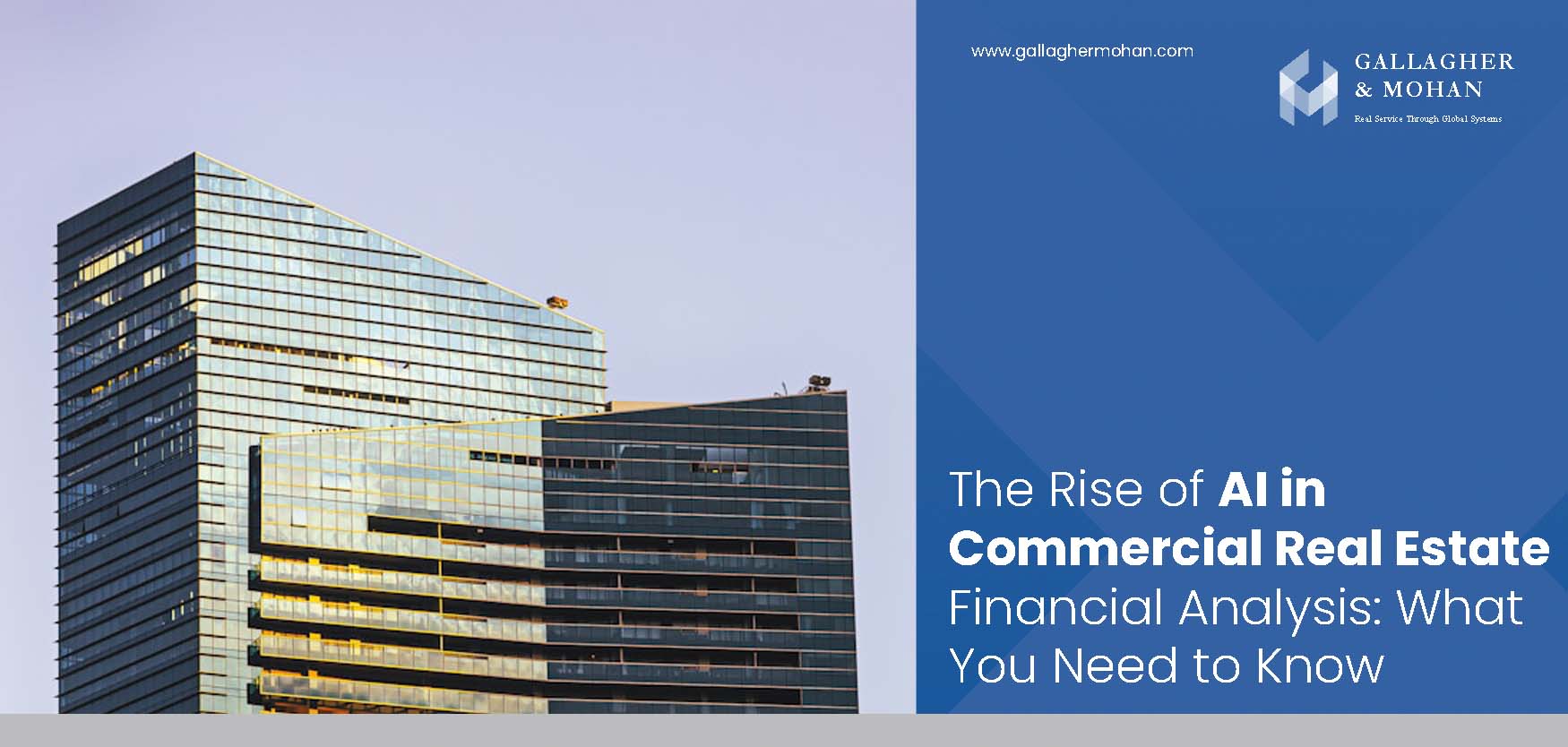22 July 2024
The Importance of Data Security in Accounting Outsourcing Explained
In today’s interconnected business environment, outsourcing accounting to external service providers is increasingly popular. This strategy offers numerous benefits, including cost savings, access to expert knowledge, and enhanced efficiency. However, it also brings significant risks, especially concerning data security. Protecting sensitive financial information is critical not only for legal compliance but also for maintaining the trust of clients and stakeholders.
The Risks of Data Breaches in Accounting
Accounting data is particularly sensitive, containing detailed financial information such as bank account details, employee records, customer data, and proprietary financial insights. In the hands of cybercriminals, such data can lead to identity theft, financial fraud, and corporate espionage.
The consequences of a data breach can be devastating. Financial losses, legal liabilities, reputational damage, and lost business are just a few potential outcomes. For instance, a leak of sensitive data can erode customer trust, which is challenging to rebuild. Moreover, companies may face regulatory fines and legal actions if they fail to comply with data protection laws like the General Data Protection Regulation (GDPR) in Europe or the California Consumer Privacy Act (CCPA) in the United States.
Also Read: Commercial Lending Solutions: Your Key to Real Estate Investment
Key Principles of Data Security in Outsourcing
Due Diligence and Provider Selection
Selecting an outsourcing provider requires thorough due diligence. Assess the provider’s reputation, security policies, compliance certifications (such as ISO 27001), and their approach to data privacy. Understand how your data will be handled, where it will be stored, and who will have access to it.
Clear Contractual Agreements
Contracts with outsourcing providers should clearly define data security responsibilities. Specify requirements for data encryption, secure transmission methods, and regular security audits. Include provisions for breach notification and remediation strategies.
Regular Audits and Compliance Checks
Regularly audit the security measures of your outsourcing provider to ensure compliance with agreed-upon standards and adaptability to new security threats. Compliance checks help both parties adhere to relevant data protection regulations.
Training and Awareness
Human error is a leading cause of data breaches. Regular training on data security best practices and current cyber threats can significantly reduce this risk. Both your staff and the outsourcing provider’s staff should be well-trained in these areas.
Use of Advanced Security Technologies
Employ advanced security technologies, including encryption to protect data at rest and in transit, multi-factor authentication (MFA) for system access, and robust firewalls and antivirus programs to defend against malware and other cyber threats.
Incident Response Planning
A robust incident response plan is crucial. This plan should outline immediate actions to contain and mitigate a breach, notification procedures for informing affected parties, and steps to prevent future incidents. Both the client and the outsourcing provider should be clear about their roles in the response process.
Also Read: The Future of Real Estate: Trends and Insights for Agents and Brokers
Best Practices for Maintaining Data Security
Limit Data Access
Access to sensitive data should be limited to individuals who need it to perform their job functions. Implementing role-based access controls (RBAC) can help manage and track access rights effectively.
Data Encryption
Encrypting data both in transit and at rest ensures that even if data is intercepted, it remains unreadable without the appropriate decryption keys.
Secure Data Transmission
Data transmitted over the internet should be protected using secure protocols such as HTTPS or secure FTP, safeguarding data from interception during transmission.
Regular Software Updates
Keeping software up to date is vital for protecting against known vulnerabilities, including security software, operating systems, and applications.
Secure Endpoints
Ensuring all devices used to access or process financial data are secured against threats is essential. Implement endpoint security solutions, regularly update software, and educate users about safe computing practices.
Conclusion
While outsourcing accounting functions can provide substantial benefits, managing the associated data security risks effectively is imperative. By adhering to these principles and best practices, companies can safeguard their sensitive data, maintain regulatory compliance, and build trust with clients and partners. Implementing robust data security measures is not just a technical necessity; it’s a strategic imperative in today’s digital landscape.



